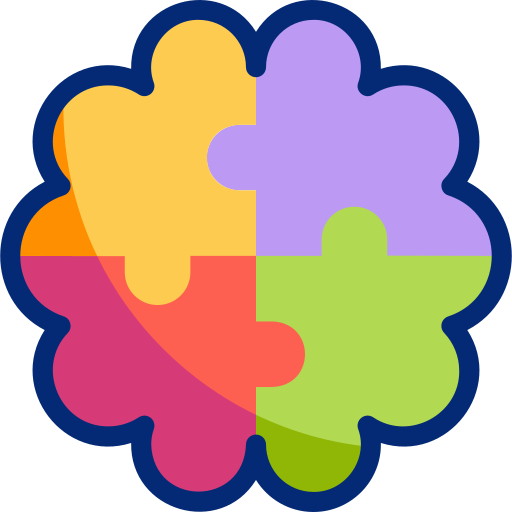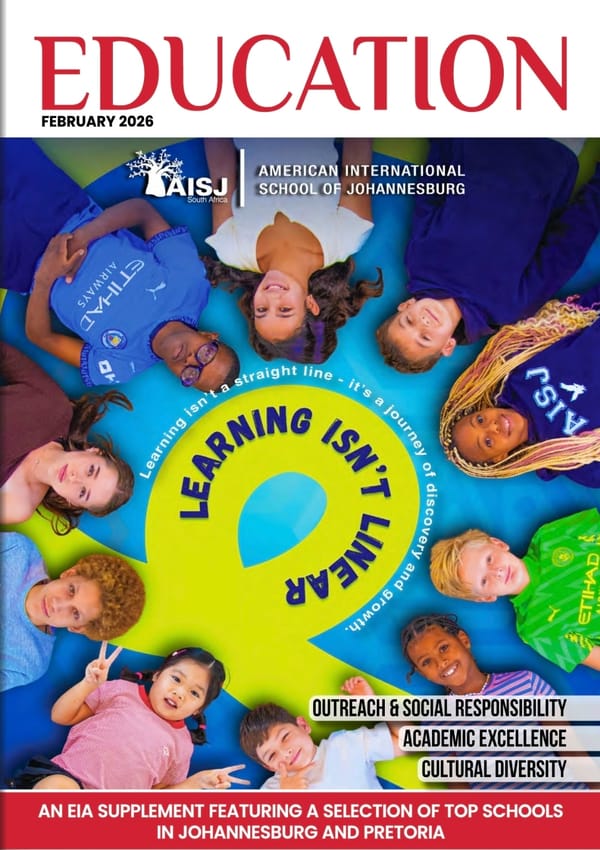ADHD in Women – The Undiagnosed Epidemic

Many women navigate life unaware that their struggles with focus, organisation, and overwhelming emotions could be symptoms of ADHD. These challenges are often brushed off as quirks, yet they reflect a deeper issue that is frequently overlooked. It’s not about forgetfulness or a messy workspace but an ongoing internal struggle for clarity and control.
ADHD in women doesn’t typically show the hyperactivity seen in children. Instead, it blends into daily life, often mistaken for stress or overreaction. My journey—from excelling academically to facing unexpected challenges—mirrors the experience of many undiagnosed women.
This article shines a light on these invisible struggles, looking at how ADHD presents differently in women and how it impacts everything from relationships to careers.
While ADHD affects everyone differently, for women, it can be particularly subtle. It often mimics traits like being overly emotional or scattered. The inattentive type, more common in women, frequently goes undiagnosed because the symptoms—daydreaming, trouble focusing, or managing tasks—are quieter and more internalised.
I thrived creatively and academically from a young age, yet behind the scenes was a constant inner chaos. Missed deadlines, procrastination, and an overwhelming sense of being behind became daily realities.
The Quiet Struggle
I was identified as gifted in primary school, but as I hit adolescence, the internal struggles clouded my early successes. High school marked a turning point where I retreated into myself. I was anxious, worried about how I was perceived, and constantly escaped into a fantasy world to avoid the chaos around me.
In class, my mind drifted, missing explanations, which only fed my anxiety. The mounting pressure led to eating disorders and body dysmorphia as I struggled to meet external expectations.
Emotional regulation was another battle. Conflict felt unbearable, and by 17, I was diagnosed with depression—a label that missed the deeper complexities of undiagnosed ADHD.
Misconceptions vs. Reality
The stereotype of ADHD as a hyperactive boy overshadows the quiet struggle of many women. Women often develop coping mechanisms to hide their difficulties, which leads to anxiety and depression. Society’s expectations of being organised and attentive mean that when women fall short, it’s seen as a personal flaw rather than a neurological condition.
ADHD Symptoms in Women
For many women, ADHD looks like underachievement, emotional overwhelm, and struggles with daily tasks. Society’s pressures to balance work, home, and relationships only add to the strain. Despite having a high IQ and professional success, I’ve often found myself overwhelmed by simple tasks, which fuels self-doubt.
Path to Diagnosis
It wasn’t until my son was diagnosed with ADHD at four that my own journey began. His diagnosis, along with high-functioning autism, deepened my understanding. Working in gifted education, I saw similar patterns in my students. ADHD, often tied with dyslexia and autism, can explain why some gifted children struggle academically despite their intelligence.
You’ve likely heard it: “They’re so bright, why don’t their grades show it?” Poor performance often stems from ADHD, anxiety, or boredom, all common in highly intelligent kids.
People also say: “They can’t have ADHD… they focus so well when (insert relevant hobby here)!”
This intense concentration, known as hyperfocus, is a strange part of ADHD. It’s unpredictable – some tasks feel impossible, while others absorb entirely you.
My son’s diagnosis led me to my own. After 40, self-awareness hit hard, and I realised I, too had ADHD, which explained much of my life’s challenges.
Leaving teaching for writing and neurodiversity advocacy allowed me to work from home, though it also heightened my introversion. Crowded places, loud music, and even a ringing phone overwhelm me. Despite the daily struggles, self-care—especially good sleep—helps me build resilience.
Early Signs and Misunderstandings
Looking back, the signs were always there—my mind was constantly overflowing with ideas. Despite flashes of brilliance, I was often labelled lazy or undisciplined because of my inconsistency. Teachers praised my essays while criticising me for forgetting homework or daydreaming.
The Role of Mental Health Professionals
Eventually, I found a mental health professional who didn’t dismiss my experiences as personality traits but recognised them as symptoms of ADHD. Through a thorough assessment, I finally had a diagnosis. This understanding allowed me to reframe my past and better navigate my future.
Coping Strategies
Once diagnosed, managing ADHD became my focus. Cognitive behavioural therapy (CBT) has helped with emotional regulation, and organisational tools like apps and planners provide daily structure.
While medication isn’t for everyone, it can be crucial in managing symptoms. Alongside holistic approaches like mindfulness and exercise, building a support network has been key to my well-being.
Advocacy and Empowerment
Changing the narrative around ADHD in women starts with raising awareness and offering diverse stories of how it manifests. Advocacy groups, like ADHD South Africa, provide critical support and help shift perceptions.
Resources and Support
- ADHD South Africa: Offers a wide range of support, from helplines to information on local ADHD professionals and support groups.
- SADAG (South African Depression and Anxiety Group): Provides mental health support specialising in ADHD; offers telephone counselling and referral services.
- Women and ADHD: An international platform for insights and community support for women with ADHD.
- ADDitude Magazine: This magazine is primarily US-based but has extensive articles, webinars, and an active forum addressing the unique challenges women with ADHD face.
Further Reading
- “A Radical Guide for Women with ADHD” by Sari Solden and Michelle Frank offers practical strategies for managing emotions and self-acceptance.
- “Women with Attention Deficit Disorder” by Sari Solden: A classic text exploring the distinct challenges women with ADHD face throughout different life stages.
Sharing stories, supporting awareness campaigns, and learning more about ADHD all make a difference. Together, we can create a more informed, empathetic society where no woman with ADHD feels alone in her journey.
Nicola Killops is a writer and neurodiversity advocate. With 20 years in education and media, she shares her knowledge to drive real change. As a former teacher specialising in gifted education, and a mother to a gifted teen with autism and ADHD, Nicola’s work reflects her commitment to creating adaptable learning strategies for all students.





